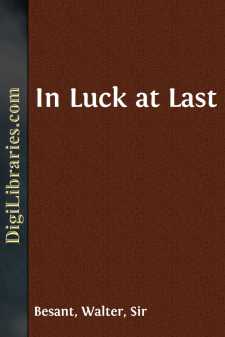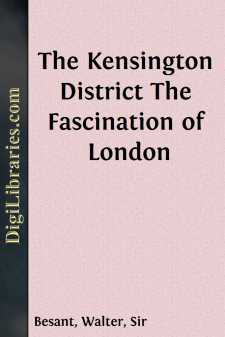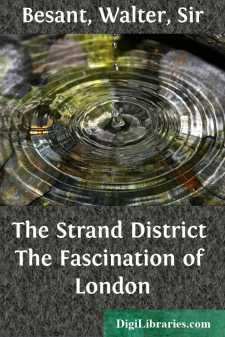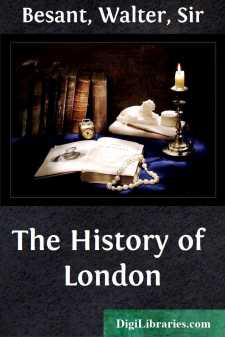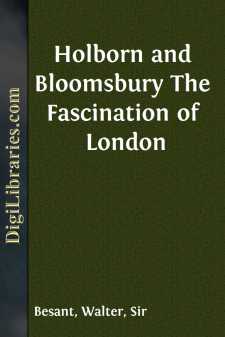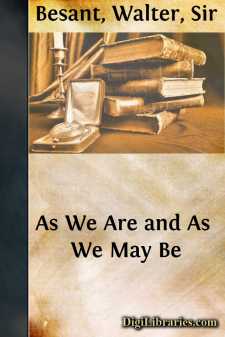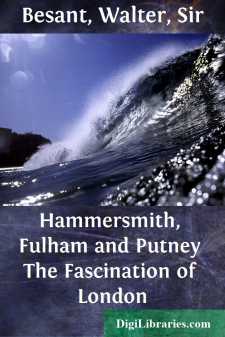Categories
- Antiques & Collectibles 13
- Architecture 36
- Art 48
- Bibles 22
- Biography & Autobiography 813
- Body, Mind & Spirit 142
- Business & Economics 28
- Children's Books 15
- Children's Fiction 12
- Computers 4
- Cooking 94
- Crafts & Hobbies 4
- Drama 346
- Education 46
- Family & Relationships 57
- Fiction 11828
- Games 19
- Gardening 17
- Health & Fitness 34
- History 1377
- House & Home 1
- Humor 147
- Juvenile Fiction 1873
- Juvenile Nonfiction 202
- Language Arts & Disciplines 88
- Law 16
- Literary Collections 686
- Literary Criticism 179
- Mathematics 13
- Medical 41
- Music 40
- Nature 179
- Non-Classifiable 1768
- Performing Arts 7
- Periodicals 1453
- Philosophy 64
- Photography 2
- Poetry 896
- Political Science 203
- Psychology 42
- Reference 154
- Religion 513
- Science 126
- Self-Help 84
- Social Science 81
- Sports & Recreation 34
- Study Aids 3
- Technology & Engineering 59
- Transportation 23
- Travel 463
- True Crime 29
Blind Love
by: Walter Besant
Categories:
Description:
Excerpt
THE PROLOGUE
I
SOON after sunrise, on a cloudy morning in the year 1881, a special messenger disturbed the repose of Dennis Howmore, at his place of residence in the pleasant Irish town of Ardoon.
Well acquainted apparently with the way upstairs, the man thumped on a bed-room door, and shouted his message through it: "The master wants you, and mind you don't keep him waiting."
The person sending this peremptory message was Sir Giles Mountjoy of Ardoon, knight and banker. The person receiving the message was Sir Giles's head clerk. As a matter of course, Dennis Howmore dressed himself at full speed, and hastened to his employer's private house on the outskirts of the town.
He found Sir Giles in an irritable and anxious state of mind. A letter lay open on the banker's bed, his night-cap was crumpled crookedly on his head, he was in too great a hurry to remember the claims of politeness, when the clerk said "Good morning."
"Dennis, I have got something for you to do. It must be kept a secret, and it allows of no delay."
"Is it anything connected with business, sir?"
The banker lost his temper. "How can you be such an infernal fool as to suppose that anything connected with business could happen at this time in the morning? Do you know the first milestone on the road to Garvan?"
"Yes, sir."
"Very well. Go to the milestone, and take care that nobody sees you when you get there. Look at the back of the stone. If you discover an Object which appears to have been left in that situation on the ground, bring it to me; and don't forget that the most impatient man in all Ireland is waiting for you."
Not a word of explanation followed these extraordinary instructions.
The head clerk set forth on his errand, with his mind dwelling on the national tendencies to conspiracy and assassination. His employer was not a popular person. Sir Giles had paid rent when he owed it; and, worse still, was disposed to remember in a friendly spirit what England had done for Ireland, in the course of the last fifty years. If anything appeared to justify distrust of the mysterious Object of which he was in search, Dennis resolved to be vigilantly on the look-out for a gun-barrel, whenever he passed a hedge on his return journey to the town.
Arrived at the milestone, he discovered on the ground behind it one Object only—a fragment of a broken tea-cup.
Naturally enough, Dennis hesitated. It seemed to be impossible that the earnest and careful instructions which he had received could relate to such a trifle as this. At the same time, he was acting under orders which were as positive as tone, manner, and language could make them. Passive obedience appeared to be the one safe course to take—at the risk of a reception, irritating to any man's self-respect, when he returned to his employer with a broken teacup in his hand.
The event entirely failed to justify his misgivings. There could be no doubt that Sir Giles attached serious importance to the contemptible discovery made at the milestone. After having examined and re-examined the fragment, he announced his intention of sending the clerk on a second errand—still without troubling himself to explain what his incomprehensible instructions meant....



